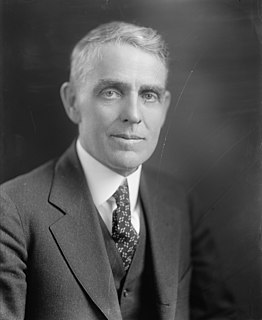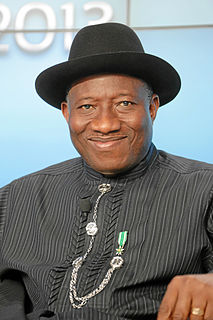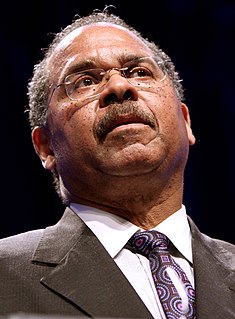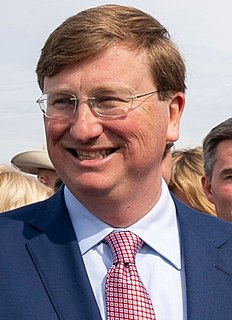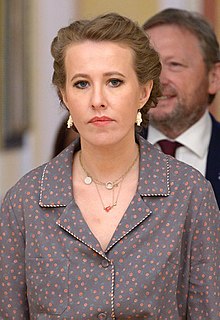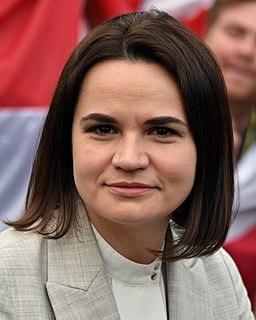A Quote by Hillary Clinton
In America, we've been around for 240 years. We've had free and fair elections. We've accepted the outcomes when we may not have liked them. And that is what must be expected of anyone standing on a debate stage during a general election.
Related Quotes
You have to go back to the 1920s, almost a hundred years, to find the Democrat Party as weak and out of power as it is today. How did that happen with just one election? It didn't happen in one election. The fact is the Democrats have been losing elections, except for the White House, for the last eight years in numbers that have not been reported.
Our [Republicans'] object is to avoid having stupid candidates who can't win general elections, who are undisciplined, can't raise money, aren't putting together the support necessary to win a general election campaign, because this money is too difficult to raise to be spending it on behalf of candidates who have little chance of winning in a general election.
There was a free election in Palestine, but it came out the wrong way. So instantly, the United States and Israel with Europe tagging along, moved to punish the Palestinian people, and punish them harshly, because they voted the wrong way in a free election. That's accepted here in the West as perfectly normal. That illustrates the deep hatred and contempt for democracy among western elites, so deep-seated they can't even perceive it when it's in front of their eyes. You punish people severely if they vote the wrong way in a free election.
Consider this: The United States held its first presidential election in 1789. It marked the first peaceful transfer of executive power between parties in the fourth presidential election in 1801, and it took another 200 years' worth of presidential elections before the courts had to settle an election.
Expected outcomes contribute to motivation independently of self-efficacy beliefs when outcomes are not completely controlled by quality of performance. This occurs when extraneous factors also affect outcomes, or outcomes are socially tied to a minimum level of performance so that some variations in quality of performance above and below the standard do not produce differential outcomes

